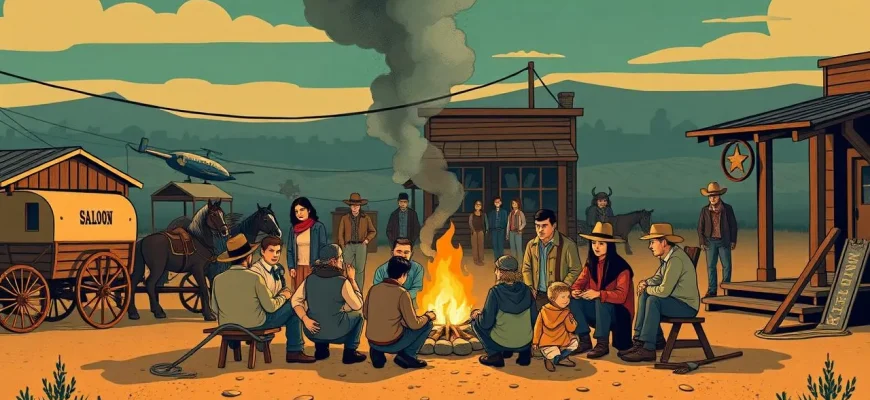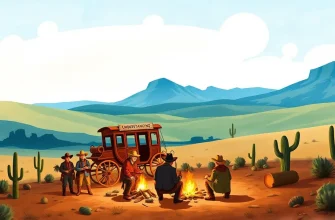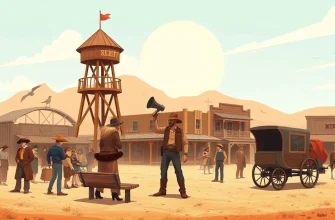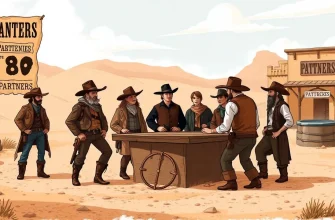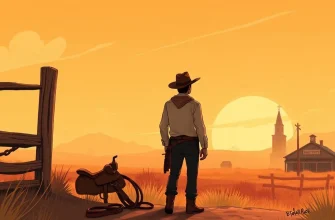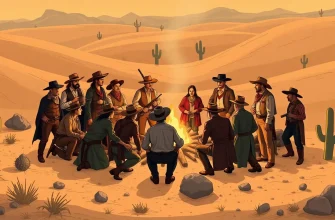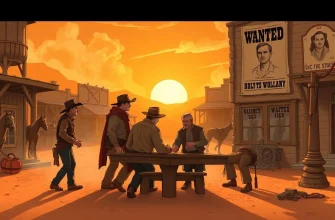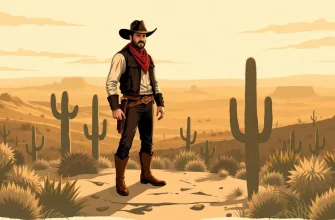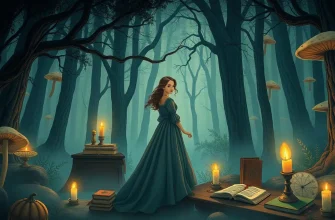The Western genre often explores themes of rugged individualism, but it also beautifully captures the essence of community and mutual aid. These films highlight the power of unity and support in the face of adversity, showcasing how characters come together to overcome challenges. This collection not only entertains but also inspires, reminding us of the strength found in solidarity.
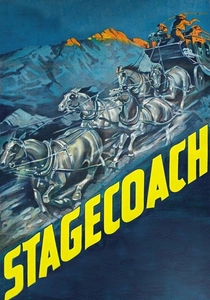
Stagecoach (1939)
Description: A diverse group of passengers on a stagecoach must band together to survive an attack by Geronimo's Apaches, highlighting mutual support in dire circumstances.
Fact: This film marked John Wayne's breakthrough role, and it was one of the first films to be shown on television in its entirety.
 Watch Now
Watch Now
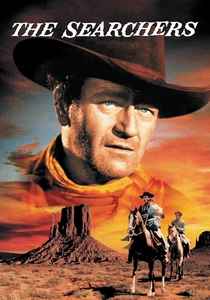
The Searchers (1956)
Description: Ethan Edwards, a Civil War veteran, embarks on a quest to rescue his niece, with the help of his nephew, illustrating the theme of family and mutual support.
Fact: The film is often cited for its complex portrayal of racism and its influence on the Western genre.
 Watch Now
Watch Now
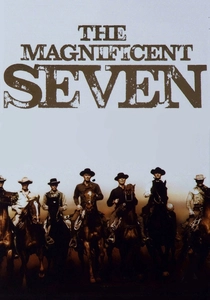
The Magnificent Seven (1960)
Description: This classic film tells the story of seven gunfighters hired to protect a small Mexican village from bandits, demonstrating the power of unity and collective defense.
Fact: The film was inspired by Akira Kurosawa's "Seven Samurai" and was remade in 2016 with a diverse cast.
 Watch Now
Watch Now

The Man Who Shot Liberty Valance (1962)
Description: A lawyer and a rancher team up to bring law and order to a town terrorized by an outlaw, showcasing the importance of community and justice.
Fact: The film is famous for the line, "When the legend becomes fact, print the legend," which reflects on the myth-making in the West.
 Watch Now
Watch Now
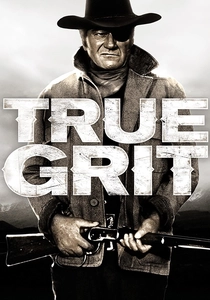
True Grit (1969)
Description: A young girl hires a tough U.S. Marshal to track down her father's murderer, and along the way, they form an unlikely bond, showcasing mutual aid and determination.
Fact: The film was remade in 2010 with Jeff Bridges in the role originally played by John Wayne, who won an Academy Award for his performance.
 Watch Now
Watch Now
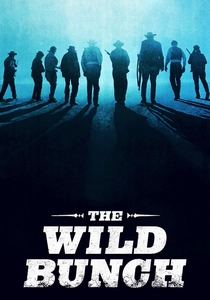
The Wild Bunch (1969)
Description: A group of aging outlaws plan one last heist, but their journey becomes a testament to loyalty and brotherhood in the face of betrayal and violence.
Fact: This film is often credited with revitalizing the Western genre and was known for its graphic violence, which was quite revolutionary for its time.
 Watch Now
Watch Now
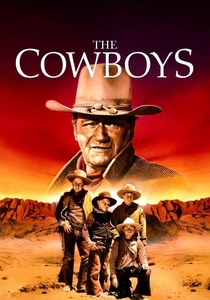
The Cowboys (1972)
Description: When his ranch hands leave for a gold rush, a rancher recruits schoolboys to drive his cattle, teaching them the value of teamwork and perseverance.
Fact: John Wayne, who plays the rancher, was 64 during filming, making his role as a cattle driver quite impressive.
 Watch Now
Watch Now

The Outlaw Josey Wales (1976)
Description: After the Civil War, Josey Wales, a former Confederate guerrilla, forms an unlikely alliance with a group of outcasts, showcasing themes of redemption and community.
Fact: The film was directed by Clint Eastwood, who also starred in it, and it was one of the first Westerns to explore the aftermath of the Civil War.
 Watch Now
Watch Now
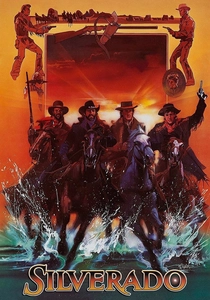
Silverado (1985)
Description: Four disparate characters join forces to clean up the corrupt town of Silverado, highlighting the strength found in unity and friendship.
Fact: This film was one of the last major Westerns to be a commercial success before the genre's decline in the late 1980s.
 Watch Now
Watch Now
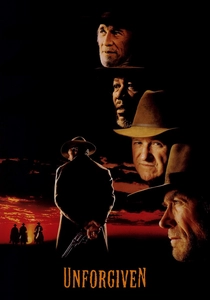
Unforgiven (1992)
Description: A retired gunslinger takes on one last job, but it's the relationships he forms along the way that underscore the theme of mutual aid and redemption.
Fact: This film won four Academy Awards, including Best Picture, and is often considered one of the greatest Westerns ever made.
 Watch Now
Watch Now

